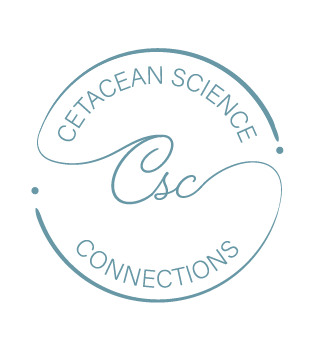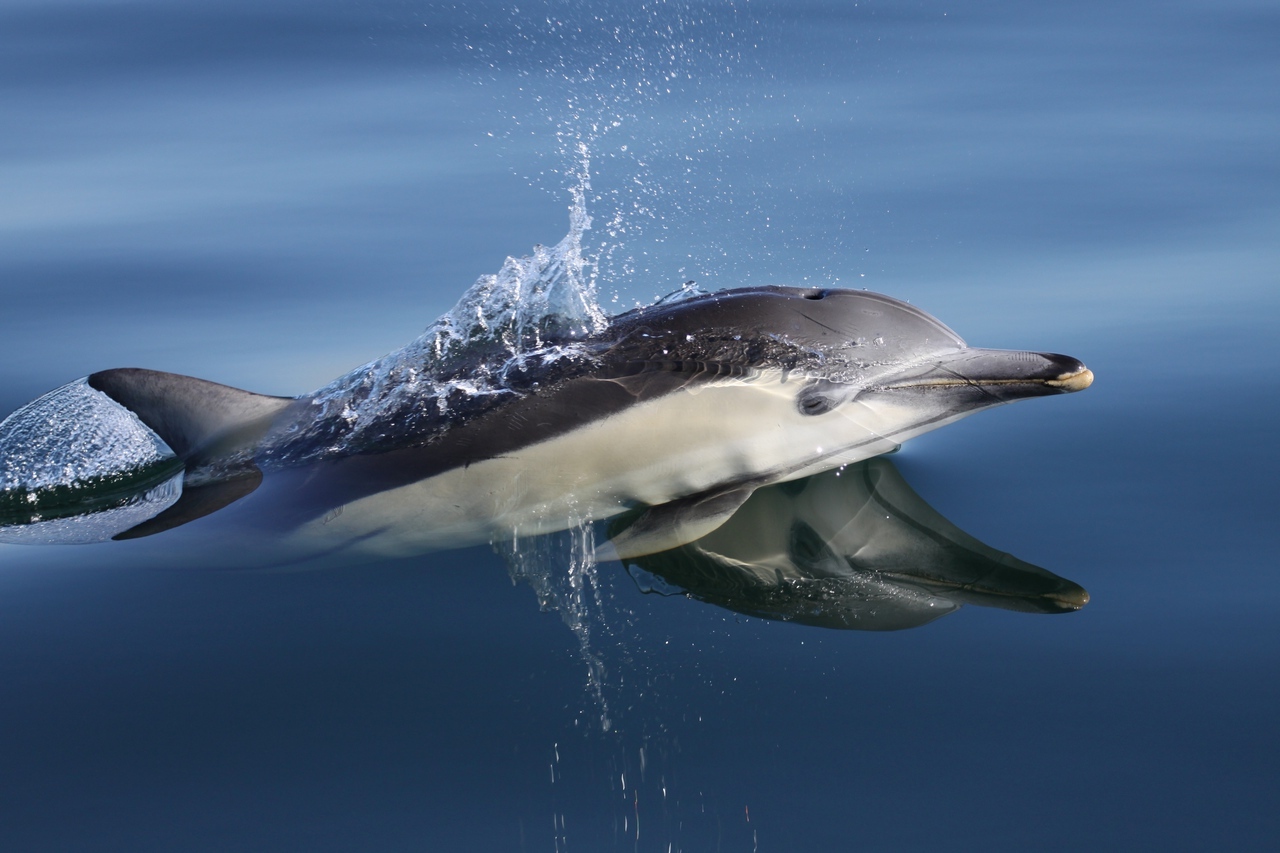
Cetacean Sisters™
Inspiring future female scientists
through cetacean science.
“When I grow-up I want to be a marine biologist! “
Many of us have said this to our parents when asked what want to do as a career when we grow up. If we have an interest in Science at an early age, what stops us, especially females, from continuing with our passion for the field?
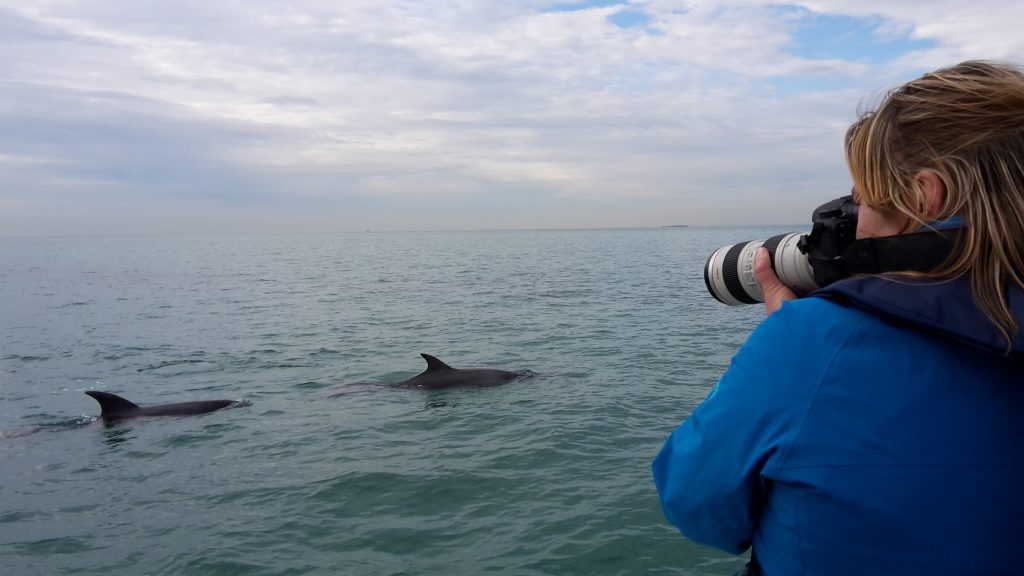
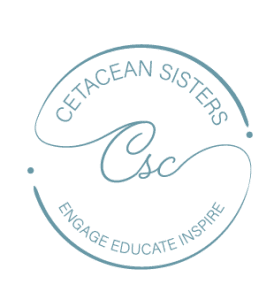
Science and the gender bias
When asked to draw a scientist, two-thirds of students aged 9 to 11 will depict the scientist as male.
Source: Office of the Chief Scientist, Australian Government
Barriers that prevent young women from studying Science, Technology, Engineering, and Mathematics (STEM) at a tertiary level include:
- Stereotypes
- Bias
- Lack of understanding of career options
- Disengagement
- Family and cultural expectations
- Lack of role models
Source: Women in STEM Decadal plan, Australian Academy of Science
Cetacean Science Workshops
Cetacean Sisters™ is an initiative by Cetacean Science Connections. Cetacean Sisters aims to provide female Secondary students, with an opportunity to experience science and cetacean research through dedicated workshops.
- Why scientific literacy is important in our everyday lives
- What is the scientific method and why is it important?
- How researchers collect and report on data on cetaceans
- How identifying individual cetaceans can help wildlife managers and species conservation
Join us at one of our upcoming Cetacean Sisters workshops.
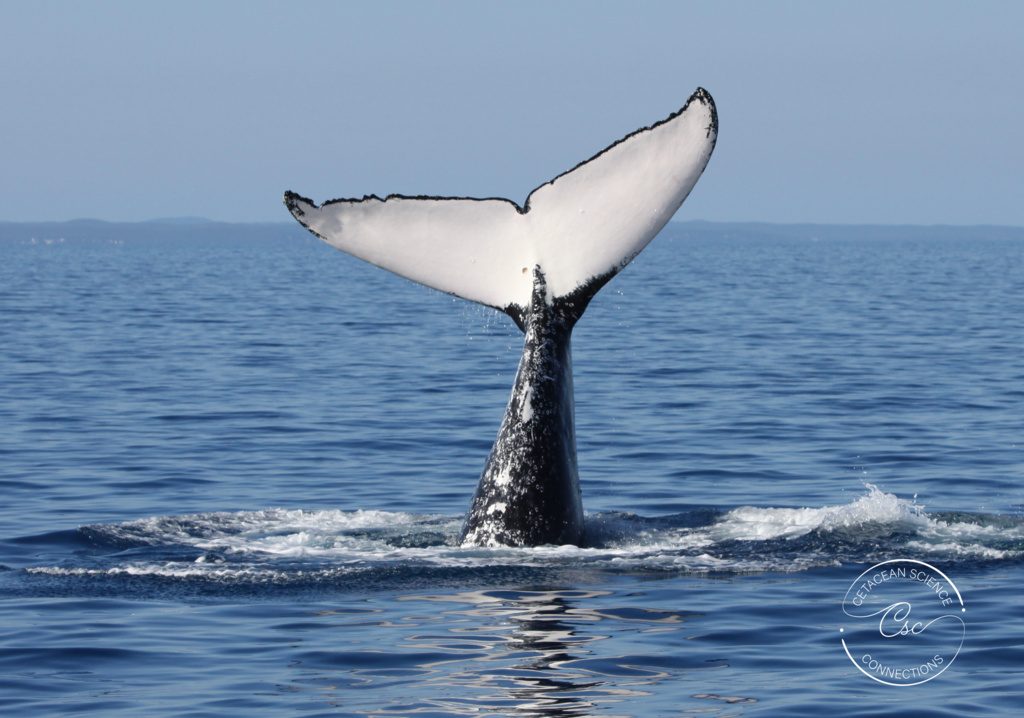
Image taken under permit.
Our biggest critic is often ourselves. Let your inner voice be your own cheer squad.
